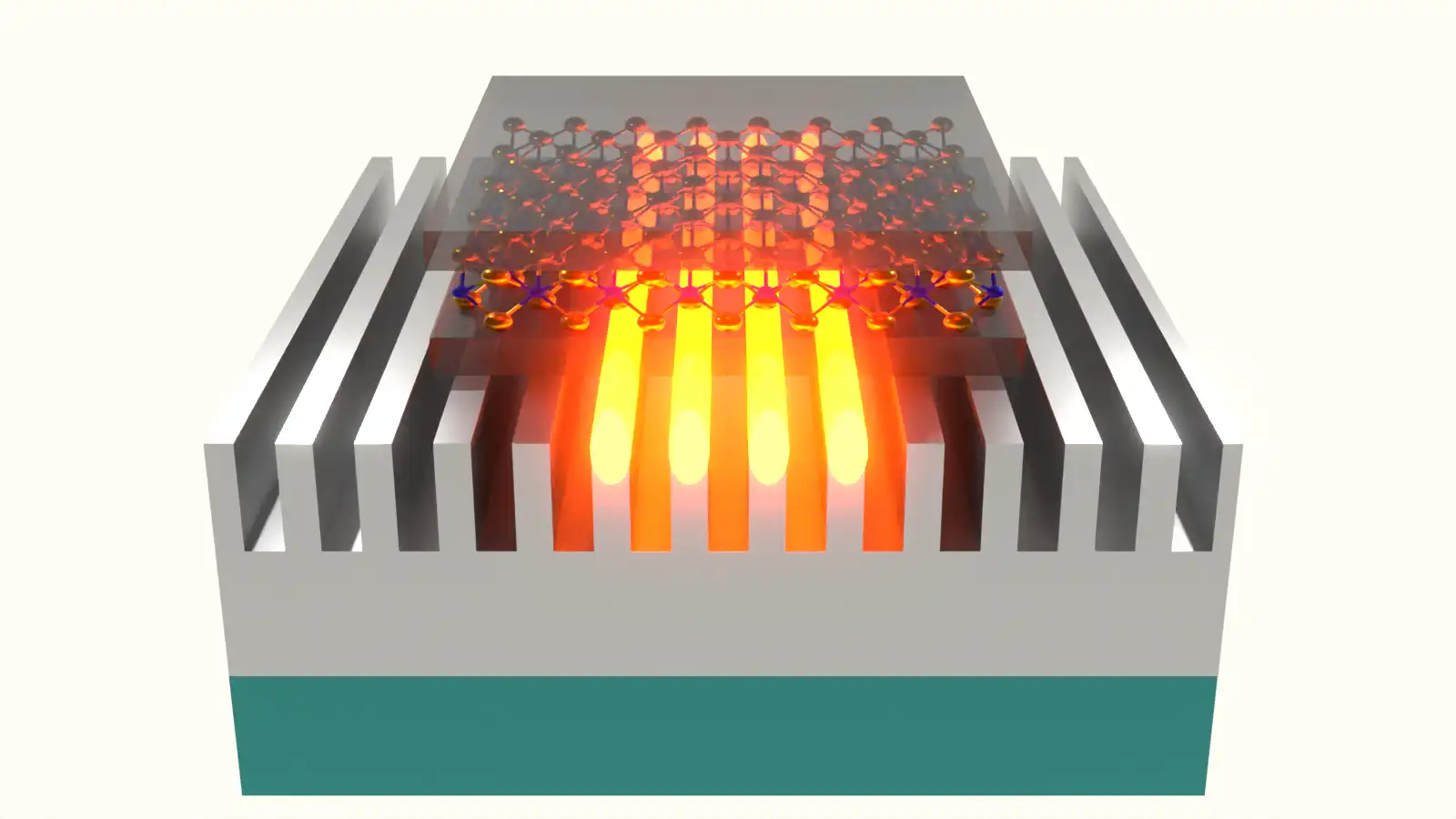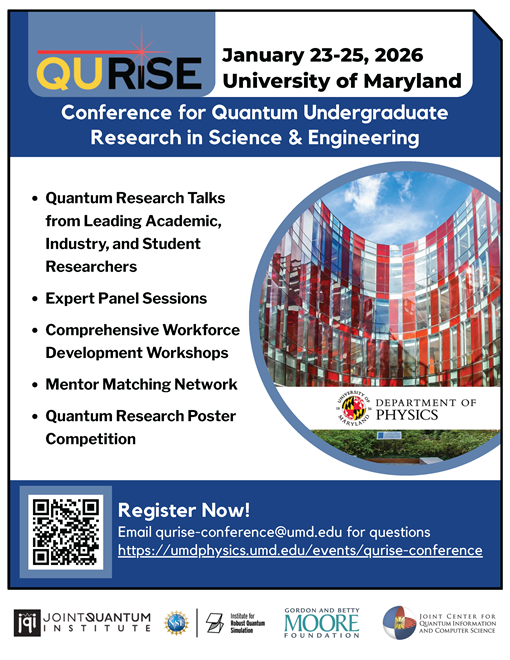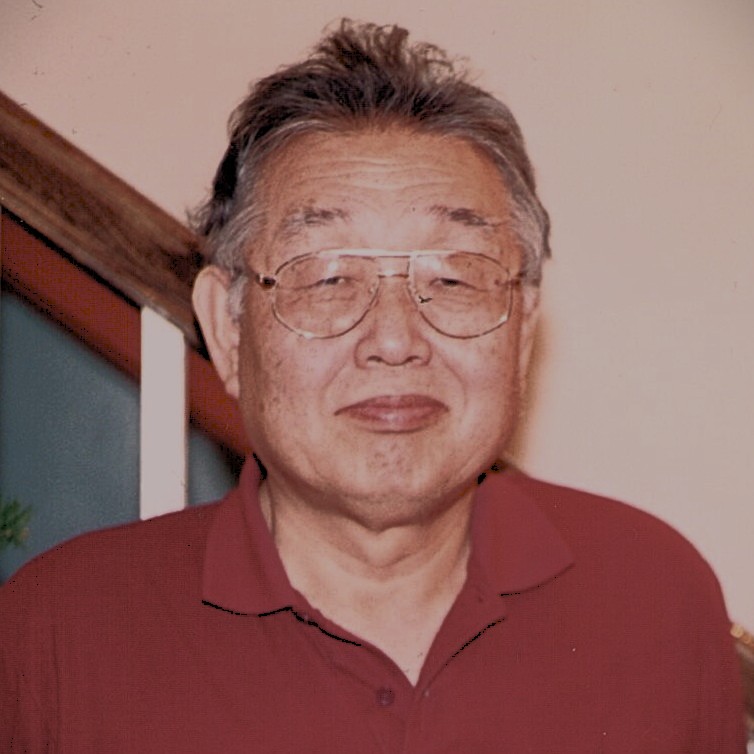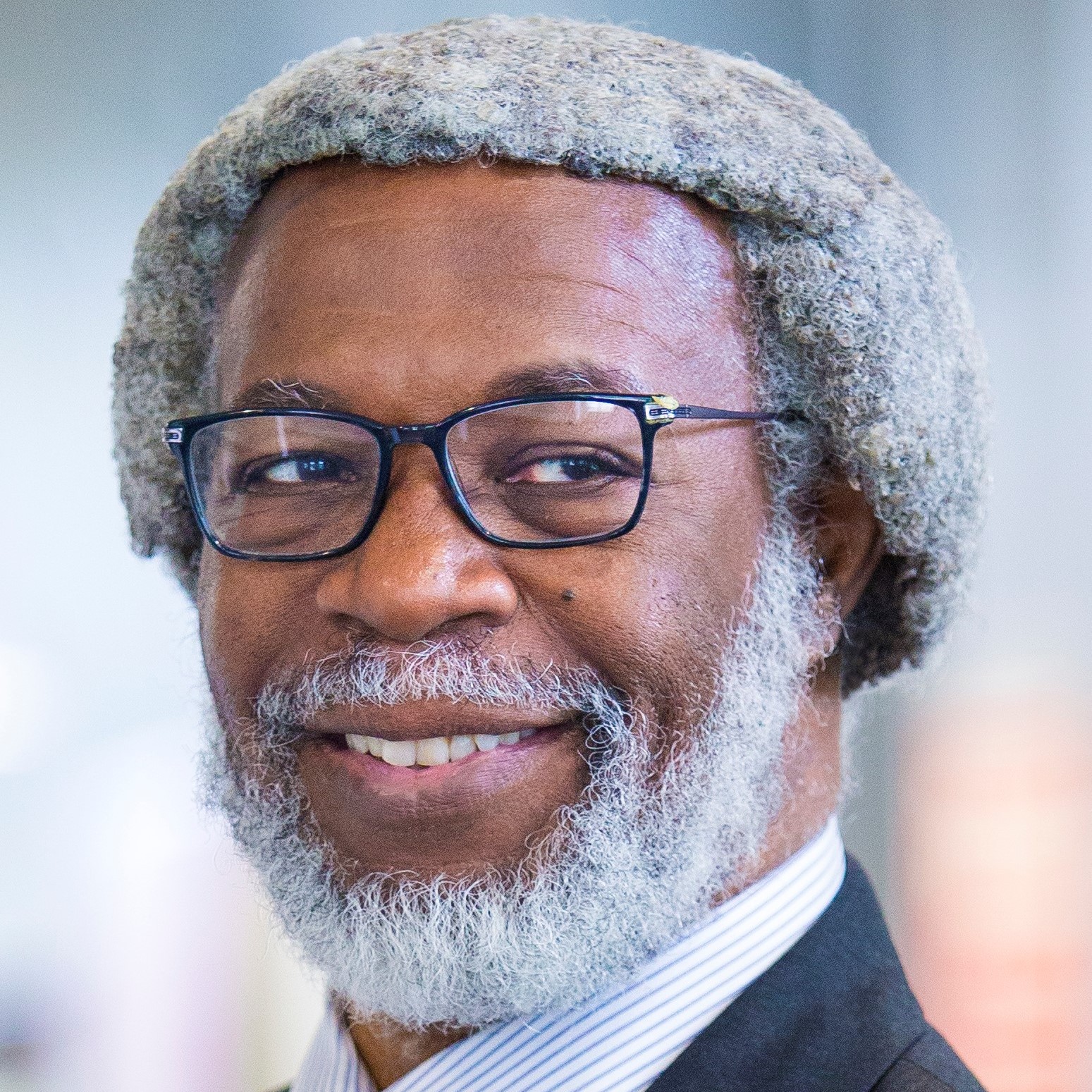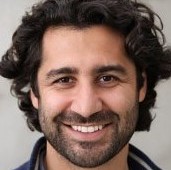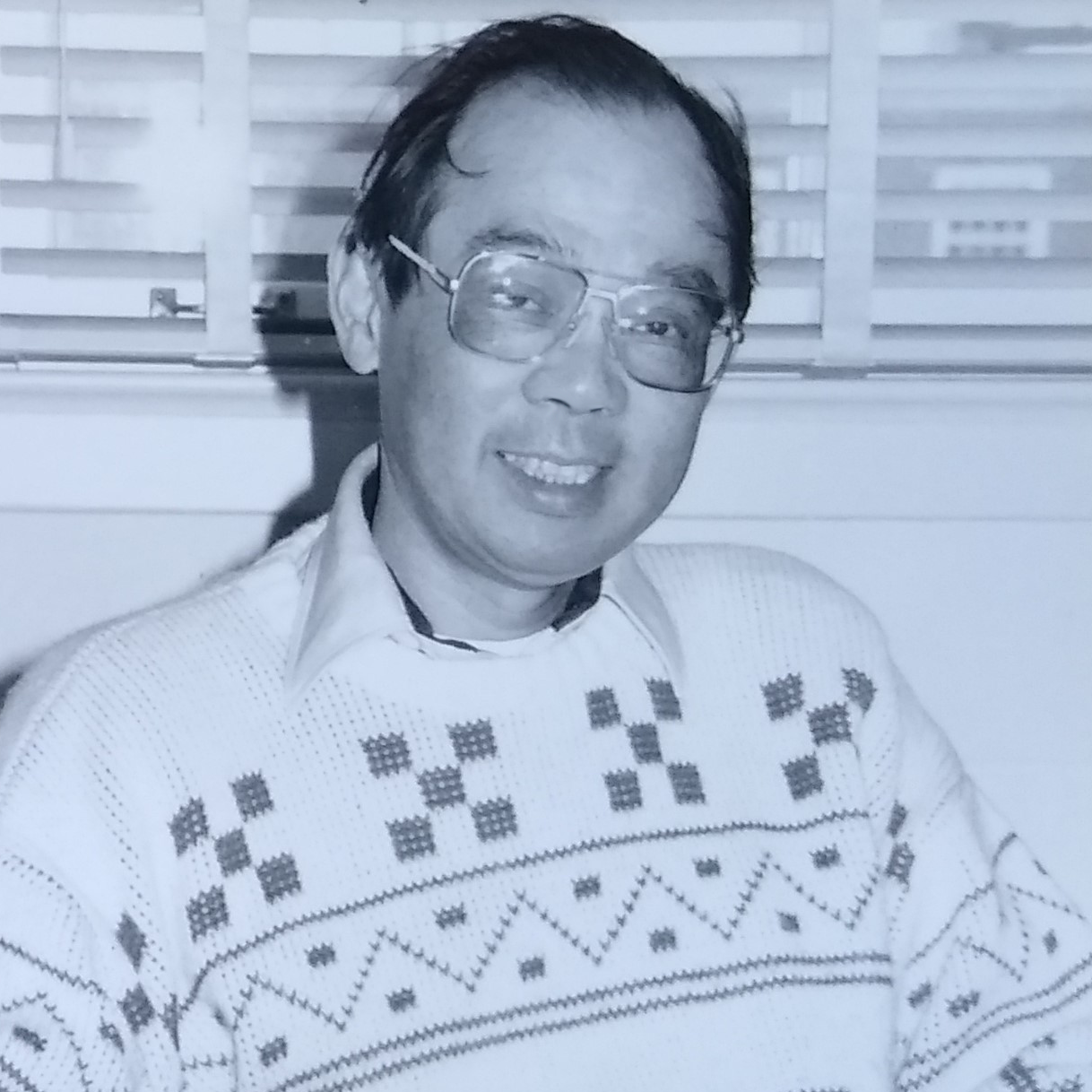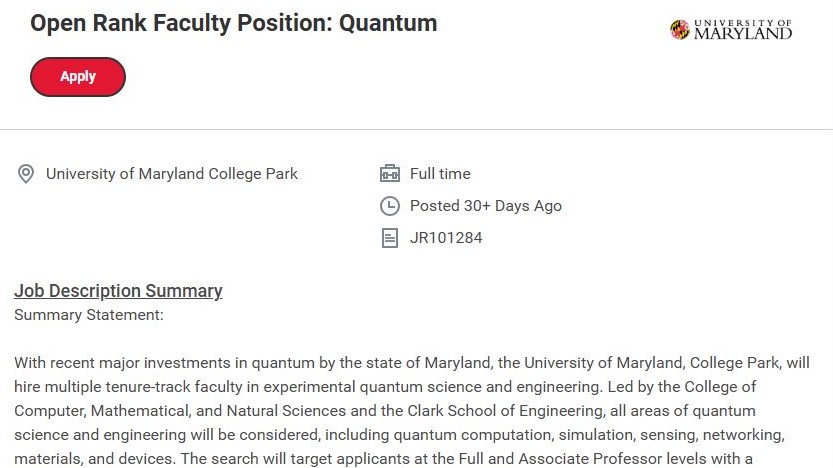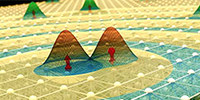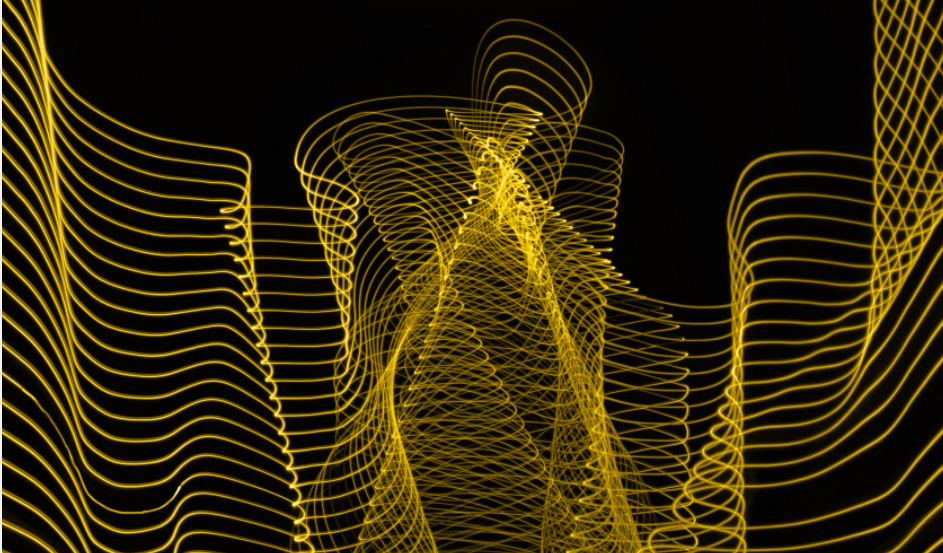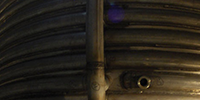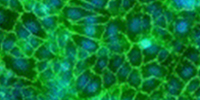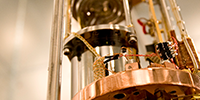J. C. Séamus Davis, Cornell University & Brookhaven National Laboratory
February 26
For more than a century, emergent states of quantum matter such as
superconductors, superfluids and supergasses have played a central role in
condensed matter and macroscopic quantum physics. We will begin with a review
of the history of these discoveries and also some of the their profound impacts on
other fields such as elementary particles, astrophysics and cosmology.
Today, high-Tc superconductivity (HTS) is once again at the epicentre of
quantum matter research. This is because of the extraordinary discovery of iron-
based HTS in 2008. While only copper-based HTS was known, the hypothesis that
the single-orbital strong correlations of its Mott-insulator state contain the key to
the superconductivity, was persuasive. However, the iron-based superconductors
are dominated by multi-orbital Hund's rule magnetism and are without correlated
insulator phases. This unexpected contrast has renewed focus on identifying the
true essence of HTS.
Here I will outline our efforts, by direct visualization of electronic structure
at the atomic scale, to compare and contrast the phenomenology of the copper-
based and iron-based superconductors. We study the electronic structure of
the 'parent' phases (Science 327, 181 (2010)); Science 333, 426 (2011)), the
atomic-scale effects of the substitutional doping processes (Nature Physics 8, 534
(2012); arXiv:1211.8454 (2013)), and the distinct but similarly unconventional
forms of superconductivity (Nature 454, 1072 (2008); Science 336, 563 (2012)) in
search of a universal explanation for high-Tc superconductivity.
Finally, I hope to survey some of the impending challenges in emergent
electronic matter research, touching on systems including Heavy Fermions,
Quantum Critical Matter, Quantum Spin Liquids, Magnetic Monopole Liquids,
Electronic Liquid Crystals and Topological Superfluids & Superconductors.
-------------------------------------------------------------------------------------------------------------------------------------------------------------------------------------------------
Colloquia are held Tuesdays in Room 1410 at 4:00 pm (preceded by light refreshments at 3:30). If you have additional questions, please call 301-405-5946.


